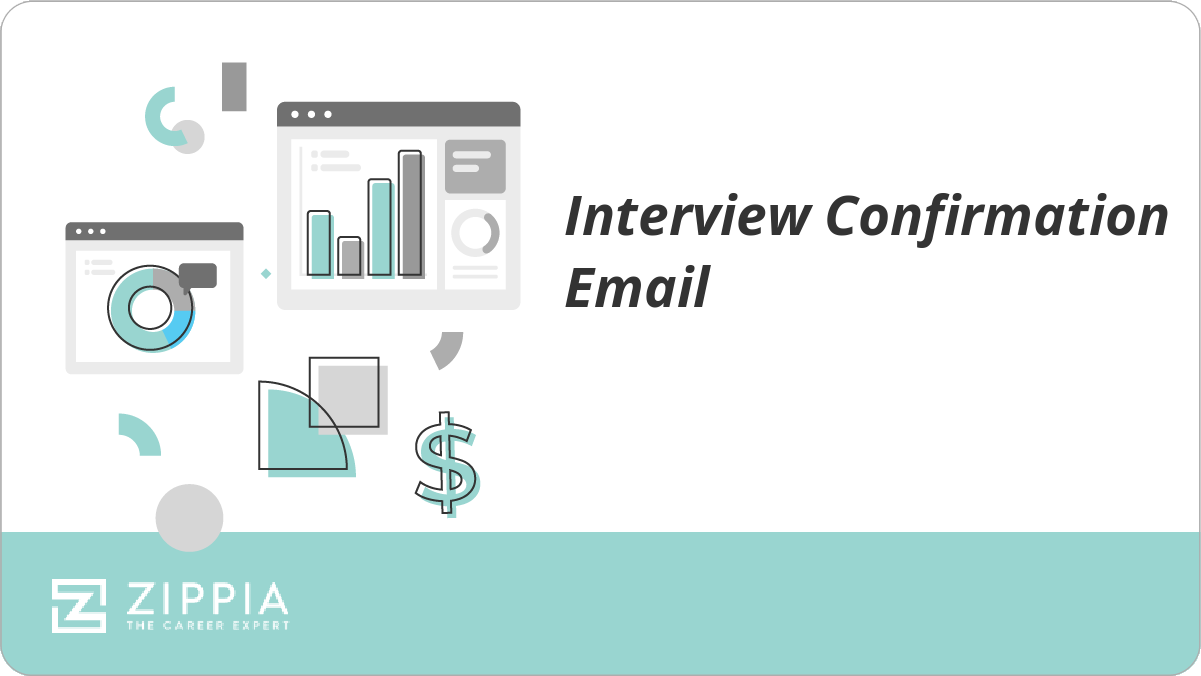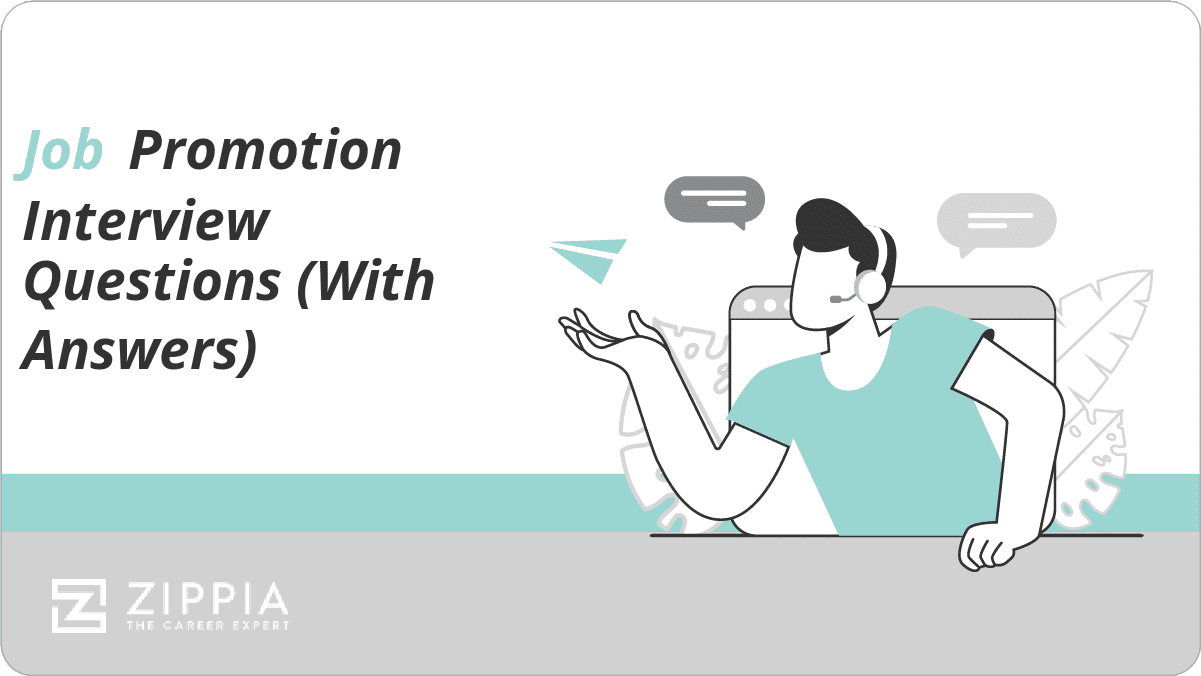- How To Write A Resume
- Resume Examples
- Resume Tips
- Resume Tips
- Best Resume Writing Services
- Things To Avoid On A Resume
- Resume Paper To Use
- What To Include In A Resume
- How To Write A Bio
- How To Write A Personal Statement
- Lied on Your Resume?
- Resume PDF
- Avoid Age Discrimination
- Words and Phrases You Shouldn't Include in Your Resume
- How Many Skills Should You List On A Resume
- Send A Resume As A Pdf
- Resume Critique
- Make A Resume Stand Out
- Resume Spelling
- Resume Past Or Present Tense
- How To List Projects On A resume
- Best Resume Action Words
- How To Quantify Your Resume
- Resume Bullet Points
- Are Resume Writers Worth It
- How Many Jobs To List On Resume
- Please Find Attached My Resume
- How To List Contract Work On Your Resume
- How To Put Research On Your Resume
- How To Upload Your Resume To LinkedIn
- Resume Mistakes
- How To Show Promotions On Your Resume
- Magna Cum Laude On A Resume
- Resume-Writing Rules
- Lying On Your Resume
- Tailor Your Resume
- When And How To Use A Two-Page Resume
- Resume Vs CV
Find a Job You Really Want In
For the longest time, one-page resumes have been touted as the only acceptable resume length. After all, hiring managers are busy people, and it’s important to make sure that you make an impression in a quick, digestible way in order to keep their attention for long.
But even with the knowledge that most hiring managers spend an average of six seconds reading a single resume, two-page resumes remain prevalent.
Are two-pagers ever acceptable? Are there situations where a two-page resume is perhaps even preferable? Here are a few tips to help you get a better grasp on this job hunting conundrum.
What’s Wrong With a Two-Page Resume?
There might be some readers out there — for whom two-page resumes (or even longer) are the norm — who are wondering why this article exists at all. To those readers, we extend our congratulations — so far, you’ve been lucky enough to avoid lazy or harried interviewers who consistently receive far too many applications for them to read.
While everyone who applies for a given job position deserves a fair shot, the truth of the matter is that at the end of the day, hiring managers and recruiters are just people. And people are flawed, stressed out, and — above all — usually in some kind of hurry.
That’s why two-page resumes have historically been viewed as bad — for a hiring manager at a large company who might typically receive over a hundred applications for any given listing, reading every resume closely just isn’t feasible.
But that doesn’t mean that two-pagers are always a bad thing. In fact, there are a lot of situations in which a second page might be preferable, even with the added time this might take to read.
One-Page vs. Two Page Resumes: Pros and Cons
Whether you’re currently writing your resume or editing an existing one, at some point you’re going to have to consider its length. Cuts are going to need to happen — your entire life’s worth of relevant work experience just isn’t going to fit on a single sheet of paper, unless you’re applying for your very first job ever.
Here are some things to keep in mind when you’re deciding just how many cuts to make:
Pros Cons of the One-Page Resume
-
The biggest benefit is that, once again, hiring managers and recruiters don’t have a ton of time to read an individual resume. Keeping it short and sweet increases the possibility that it will be read and remembered.
-
The short length helps you ensure that the only items that you’ll include will be relevant, as it can be easy to accidentally include a bunch of extraneous info that your interviewer doesn’t need to know.
-
One downside is that sometimes you genuinely need more space than one page will allow — forcing yourself to stick to just one page no matter what might cause you to leave out information or format your resume in an unattractive way (such as using way-too-small font).
Pros Cons of the Two-Page Resume
-
Two-page resumes give you a little space to breathe as far as formatting and writing are concerned — without feeling as crunched for space, you’re able to have a little more freedom with font sizes and resume layouts to help you find the most attractive and useful way to present your resume.
-
If you’ve had a particularly long career, a two-page resume can often be a must.
-
The main issue with two-page resumes is outlined in section 1 — namely, that it can be super easy to accidentally include information that your interviewer just doesn’t need to know, thereby losing their attention.
When Is It Okay to Use a Two-Page Resume?
It’s acceptable to submit a two-page resume if any of the following situations apply to you:
-
You have 10+ years of relevant work experience. If you’ve been in your field and/or industry for over a decade, you might not be able to fit every impressive detail of your career on one page. This is especially true if you’ve worked for several employers or have earned your fair share of promotions.
-
You’re applying for a senior-level executive or management position. When you’re shooting for a C-suite position or somewhere near it, hiring managers aren’t just okay with longer resumes; they’re expecting them.
By this point in your career, you probably have plenty of leadership experience and accomplishments to share anyway.
-
You’re applying for a scientific or academic position. For many of these positions, you’d likely submit a CV instead of a resume. But if you don’t want to use a CV or are told not to use one, a two-page resume gives you more room to show off your publications, research, and educational background.
-
You have many relevant certifications or licenses. In certain roles and industries, employees tend to rake in a bunch of certifications and hyper-specific technical skills. Sometimes it’s impossible to fit all of these credentials into a one-page resume.
-
You’re applying for a federal job. Federal resumes aren’t like regular ones; you need to give much more detail about your work history and background, even when the information is irrelevant for the position. This means that a resume for a federal position will be at least two pages, if not even longer.
-
You want to employ more keywords. This situation is a little cheesy, but it can be effective for getting past applicant tracking systems (ATS). These pieces of software parse resume information for relevant keywords and experience levels and weed out candidates who don’t meet certain metrics.
By submitting a two-page resume, you have more space and opportunity to use the keywords that the ATS is looking for (usually the same words that frequently pop up in the job description).
Be careful with this though — a human reader will still have to look over your resume at some point, and if you’ve used your second page simply to spam keywords, your resume is probably ending up in the garbage.
Important Things to Remember Before Making a Two-Page Resume
The easiest way to think about it is that if everything can fit on just one page, then that’s absolutely the resume size you should be working with. If it’s at all close to one page, you should see if you can cut it down. Because while it’s perfectly fine to use two pages when necessary, you want to be totally sure that it is, in fact, necessary.
Anything over two pages, though? If it’s not a CV, you might as well just throw it out.
Three pages or more is just an unreasonable length of resume to expect a hiring manager to read in most situations — but even with a two-pager, there are certain things that you have to keep in mind.
Some of the biggest things to keep in mind when using a two-page resume:
-
If you’re taking up more space, you’re asking for more of your reader’s time and attention. That means that you have to be absolutely sure that everything you’re including past the first page is totally necessary.
-
You have more room to experiment with formatting, so do so! Segment your resume into easily scannable, digestible pieces, and make sure the whole thing looks good at a glance.
-
Organization is of utmost importance in this longer format, so make sure that the formatting is intuitive — more likely than not, that means putting everything in reverse-chronological order (with your most recent work experience at the top).
Tips for Using a Two-Page Resume
-
Put your contact information on both pages. For starters, it’s more aesthetically pleasing. Aside from that, though, putting your contact information on both pages allows the hiring manager to connect the information on the page with your name more easily, regardless of which page they’re looking at.
-
Lead with your best stuff. On your first page, only include the most relevant and most impressive elements of your professional experience. Open with a strong resume summary statement, and then lead into a reverse-chronological accounting of your work experience.
If you have older work experience that isn’t as relevant, you can consider moving it to your second page under the heading of “additional experience.”
-
Use keywords. Remember that one of the perks of using a two-page resume is that you can include more keywords. ATS and hiring managers still prioritize the first page over the second, so focus more on including relevant keywords early on.
-
Quantify your accomplishments. Hiring managers and recruiters love to see numbers on a resume, because it tells them about results in a way they can easily comprehend. Plus, it shows the actual value you produced in your former role.
Even when it seems hard to use numbers, just ask yourself: how many, how often, to what effect, and on what scale did I perform various duties?
-
Try to fill the second page. You don’t need a complete second page, but we recommend filling at least half of the page. If it’s only a few lines on a second page, some creative formatting and editing can probably get you down to one page.
But if you’re at an awkward point, consider including more skills, volunteer experience, extracurricular activities, or additional work experience that’s slightly less relevant.
-
Use a paperclip. If you’re bringing your two-page resume with you somewhere, use paperclips instead of staples. That way, it’s easier for a hiring manager to scan or a recruiter to take apart and look at both pages simultaneously.
Whatever you do, don’t print your resume double-sided — it’s awkward to handle and it just looks bad.
Final Thoughts
In a nutshell, keep the resume as short as it needs to be and you’ll never go wrong. Unfortunately, that can be pretty subjective. What needs to be there and what doesn’t?
What skills of yours are of the utmost importance for you to get across, and what can you probably leave out?
The answer is that it’s situational — you’re going to have to do some research in your industry to see exactly what it is that people in that industry tend to look for in job applicants.
When in doubt, just make sure that however long your resume ends up being, that it doesn’t waste anybody’s time — least of all, your own.
- How To Write A Resume
- Resume Examples
- Resume Tips
- Resume Tips
- Best Resume Writing Services
- Things To Avoid On A Resume
- Resume Paper To Use
- What To Include In A Resume
- How To Write A Bio
- How To Write A Personal Statement
- Lied on Your Resume?
- Resume PDF
- Avoid Age Discrimination
- Words and Phrases You Shouldn't Include in Your Resume
- How Many Skills Should You List On A Resume
- Send A Resume As A Pdf
- Resume Critique
- Make A Resume Stand Out
- Resume Spelling
- Resume Past Or Present Tense
- How To List Projects On A resume
- Best Resume Action Words
- How To Quantify Your Resume
- Resume Bullet Points
- Are Resume Writers Worth It
- How Many Jobs To List On Resume
- Please Find Attached My Resume
- How To List Contract Work On Your Resume
- How To Put Research On Your Resume
- How To Upload Your Resume To LinkedIn
- Resume Mistakes
- How To Show Promotions On Your Resume
- Magna Cum Laude On A Resume
- Resume-Writing Rules
- Lying On Your Resume
- Tailor Your Resume
- When And How To Use A Two-Page Resume
- Resume Vs CV





